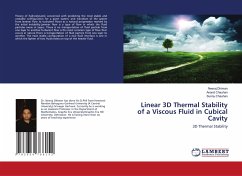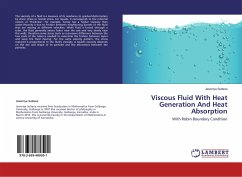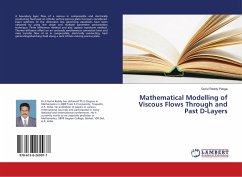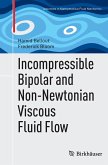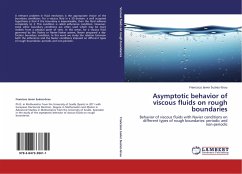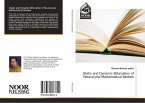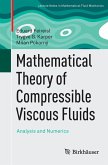Fingering patterns are complex phenomena which arise at the interface between two fluids or between fluid and air. We consider in the present work two different situations which arise in the mathematical fluids dynamics and which are related to fingering. We analyse first the one-phase flow of a ferrofluid in a Hele-Shaw cell which rotates with constant angular velocity in the horizontal plane. The dynamic of the non-Newtonian liquid is stabilised by a radial magnetic field, which counteracts the action of the centrifugal force. In the second part of this work we consider as a new feature the Muskat problem in periodic setting. This problem describes the evolution of two fluids in a porous medium this time with impermeable bottom. We have to handle in both cases moving boundary problems since the interface separating the fluids or the fluid from air is a priori unknown. We prove existence and uniqueness of classical solutions by using the theory of abstract parabolic equations and Newton's iteration method, respectively, and, as a further common characteristic, we show using bifurcation theory, the existence of finger shaped steady-state solutions for both problems.


